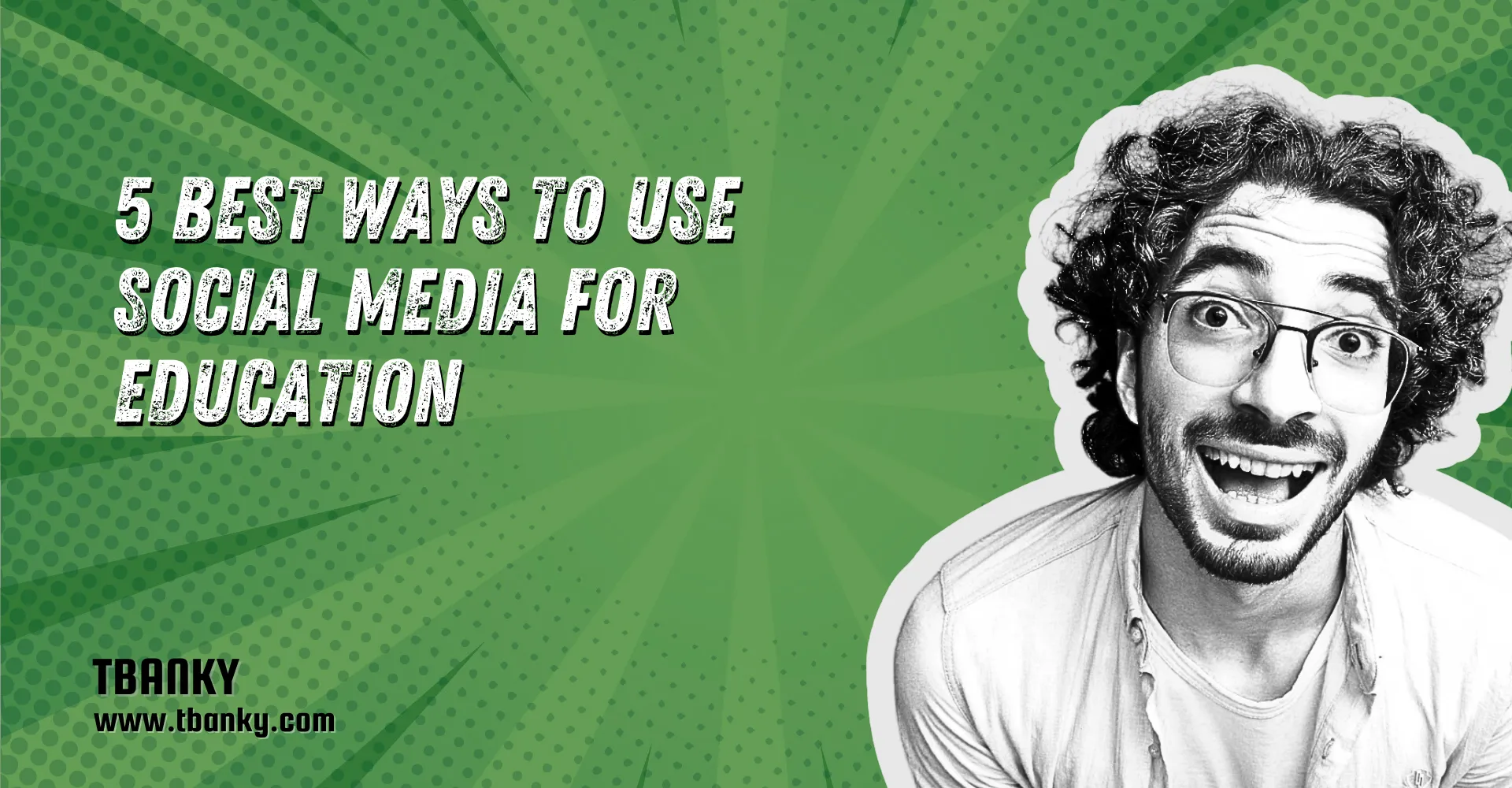In the digital age, social media is often cast as a villain for students, blamed for distracting them from their studies. However, when used appropriately, social media can be a powerful educational tool, enhancing learning and providing students with valuable resources. Here are five of the best ways to harness social media’s potential for education.
1. Building Professional Networks and Communities
One of the most effective ways for college and university students to use social media for education is by building networks and communities relevant to their field of study. Platforms like LinkedIn are excellent for budding professionals to connect with industry experts, alumni, and peers who share common academic interests. Students can follow organizations, join groups, and participate in discussions, allowing them to:
- Stay updated with the latest industry trends and knowledge.
- Gain insights into potential career paths and opportunities.
- Develop professional connections that could lead to internships or job offers.
It’s essential for students to maintain a strong, professional online presence, showcasing their skills, accomplishments, and academic projects to attract potential employers or mentors.
2. Enhancing Collaboration and Sharing Resources
Collaboration is a cornerstone of effective learning, and social media offers ample opportunities for students to collaborate beyond classroom walls. Platforms like Facebook Groups, Twitter, and even Instagram can be used to share resources, offer support, and provide feedback on each other’s work. For instance:
- Students can create private groups for study sessions or project collaboration.
- Hashtags on Twitter can help in following relevant academic conversations and contributing to them.
- Instagram can be a medium for sharing educational visuals and infographics.
This collaborative environment fosters a spirit of teamwork and makes it easier for students to learn from one another and improve their understanding of their subjects.
3. Participate in Online Discussions and Debates
Educational debates stimulate critical thinking and help students to explore and understand different viewpoints. Social media serves as an expansive virtual arena for such intellectual exchanges. It enables students to participate in broader conversations, which are especially useful for:
- Engaging with global perspectives on academic or social issues.
- Practicing argumentation and presentation skills in a less formal setting.
- Improving understanding through explanations and debates over complex concepts.
These activities not only deepen subject knowledge but also enhance communication skills, making students more confident and articulate in expressing their ideas.
4. Accessing Educational Content and Updates
Educators and institutions increasingly use social media to share educational content. Platforms like YouTube have countless channels dedicated to teaching various subjects, from mathematics to humanities. Twitter and Facebook can also keep students informed about:
- Lectures, workshops, or webinars happening across the globe.
- Updates on their curriculum or notice from their educational institutions.
- Links to articles, research papers, and other valuable academic resources.
By following relevant accounts and hashtags, students can transform their social media feed into a dynamic stream of educational content, effortlessly integrating learning into their daily scrolling habits.
5. Leveraging Multimedia for Learning and Projects
Social media is a treasure trove of multimedia content that can be used to enhance learning. Platforms like Pinterest can serve as a source of inspiration for projects, while Instagram and TikTok offer quick, digestible educational videos. Students can:
- Utilize infographics and images to support visual learning.
- Watch short-form how-to videos to grasp complex procedures or concepts.
- Create and share their own multimedia presentations or projects.
Visual and auditory media have been shown to enhance memory retention, so incorporating these elements into study routines can help with both engagement and information recall.
Using social media for education requires discipline and the ability to filter out distractions. However, when approached with intention and strategy, it can be an enriching addition to a student’s educational toolkit. By exploiting the connectivity, accessibility, and wealth of resources that social media provides, students can not only enhance their current studies but also prepare themselves for a successful career in a networked world.

